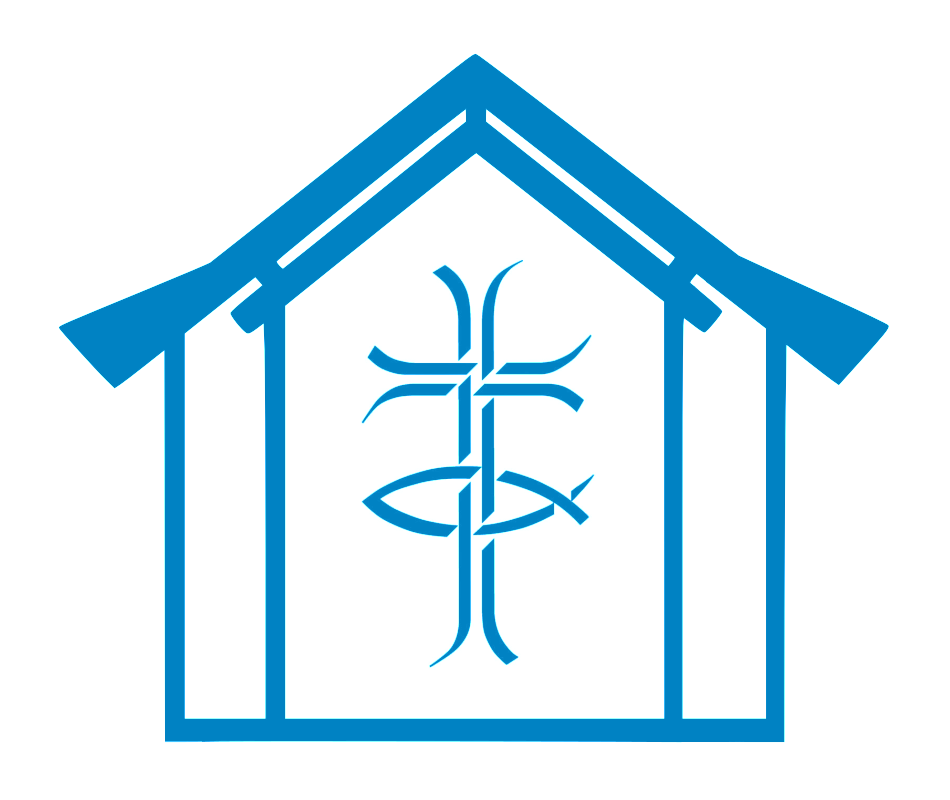It seems at the moment that not a week goes by without something new popping up on my radar. Sometimes it’s something quite mundane, other times something challenging, and other times something quite exciting and energising. Whether they come as something unexpected, or just the first time of doing a particular thing, this newness characterises this period of settling in. I’m sure ministers of more experience will say this ‘forever new’ continues throughout ministry. Maybe they’d even go so far as to say that the constant variety is one of the characteristics that makes the role so special.
Of course, in addition to me experiencing new things in the first four months of being in Monkseaton, a few new things have appeared in the life of St Andrew’s. The introduction of a filter coffee machine has enhanced the welcome we can offer to our many visitors and worshippers, and has provided much sustenance to weary-looking meeting participants. Our ‘in-house’ Sunday evening ‘re-lite’ series has, so far, taken two difficult topics – World AIDS Day and Holocaust Memorial Day – and explored them through stories and chance to reflect on our own experiences of stigma, discrimination and hatred. The next one will give us chance to look at ‘People and the Environment,’ another pertinent issue for us all, and one that will hopefully appeal to the wider community as well as people in the Church. As the year unfolds, new opportunities to engage with the community and to develop and broaden our own discipleship will also appear. Some might be mundane, some might be unexpected, some might be challenging, and some, hopefully, will be exciting too.
But embracing something new can sometimes mean having to leave behind something of the past. We’ve had a few members at St Andrew’s who have been moving on from old homes into a new way of living – something I can relate to. While leaving physical places or things behind is one thing, sometimes we need to leave behind our practices or our habits too. We may need to leave behind the baggage of the past, what ‘usually’ happens, or what is ‘normal’ and step into a new way of doing things and trying out new ways of being disciples.
In Luke’s gospel, the writer tells us about how Jesus sent out seventy disciples into the world to talk about the coming of the Kingdom. Jesus tells them not to take anything with them of their current life, no purse, no bag, and no shoes but to rely on the new things that come before them. Jesus tells them that it’ll not always be easy (‘I am sending you out like lambs into the midst of wolves’) but they have all they will need to make it. They don’t need the things of the past to proclaim the future of the Kingdom.
We’re formed and shaped by the experiences of our past; they’re important to make us who we are. But it is important to realise that we can continue to be formed and shaped by the challenges of the future as well. The challenges before us, the new experiences for learning and for new ways to serve, can be what is necessary to turn ourselves and our Church community into the Jesus people that are needed for the coming years.
So as we each meet something new in our lives, maybe we can consider what we might need to put down, or change, to meet the challenge and proclaim the kingdom. We may not need to leave everything behind, but what can we do without in this chapter of our journey? Perhaps, as we come into Lent, putting something down seems like a good thing to do, not to take it up again at Easter, but to free us up for something new. Maybe if we can leave ‘normally’ and ‘usually’ behind, we can find that it releases us to be truly energised for the challenges ahead.
Best wishes
Matthew

